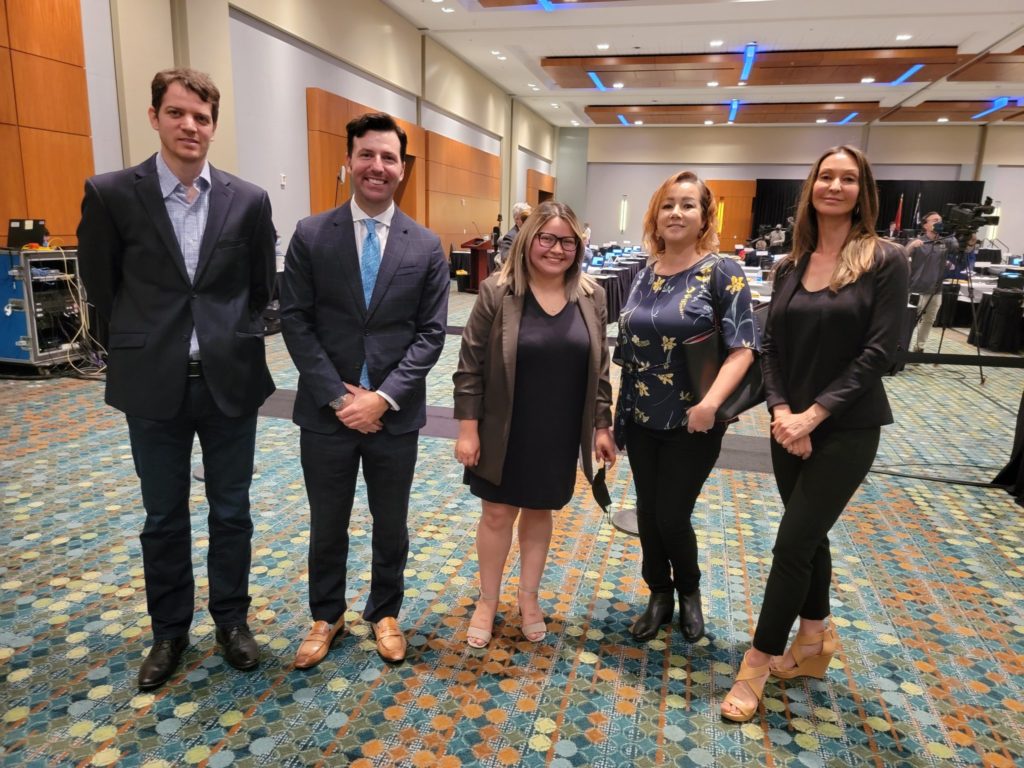
Nashville’s Latino population is the only ethnic group that significantly lags in representation on the city’s boards and commissions.
That’s according to the most recent Metro report that includes data for the last year and a half.
Nashville’s boards and commissions members are appointed. Sometimes they create guidelines and set policies that don’t have to go through the council or mayor.
Since the mayor John Cooper has missed several deadlines to propose candidates, it’s fallen to the city’s vice mayor Jim Shulman. Now he’s getting the unusual task of filling upwards of more than a dozen positions with little capacity to handle the task.
“The back-to-back crises of the past 18 months — COVID, threatened financial takeover by the state, tornado, Christmas Day blast — did pull the staff’s fullest attention away from this important work in some cases, and we appreciate the vice mayor’s support with 17 appointments,” the mayor’s spokeswoman Andrea Fanta tells WPLN News via email.
“I emphasis the responsibility of the mayor because they have a large staff, and they actually have a staff member designated to making sure that these boards and commissions are filled. We don’t,” Shulman explains.
An added hurdle for Shulman is to appoint a member of the business community to the property standards board. But for most boards, there are no rules for making sure it reflects the city’s diverse ethnic groups, which means individuals have to hold each other accountable.
In the latest data, board members were able to self report, which shows that LGBTQ+ and people with disabilities also are underrepresented.
“The number of LGBTQ and members with a disability currently serving is shameful,” Stand Up Nashville Deputy Director Michael Callahan-Kapoor tells WPLN News. “The reckoning that is happening right now is way past due. And while we must take anti-Black racism head on, we also have to be careful to not set up situations where a member of one underrepresented group gets pitted against a member of another underrepresented group.”
He points out that the demographics don’t include zip code or socio-economic status. While he acknowledges that will be difficult to capture, it’s important to know if working class people are involved in making decisions, especially on boards that impact them directly.
Stand Up Nashville has it’s own leadership institute to train Black, Brown, immigrant and working class communities to be on these boards.
Shulman encourages any resident that wants a seat at the table but doesn’t want to run for office to reach out and try to volunteer their services.

